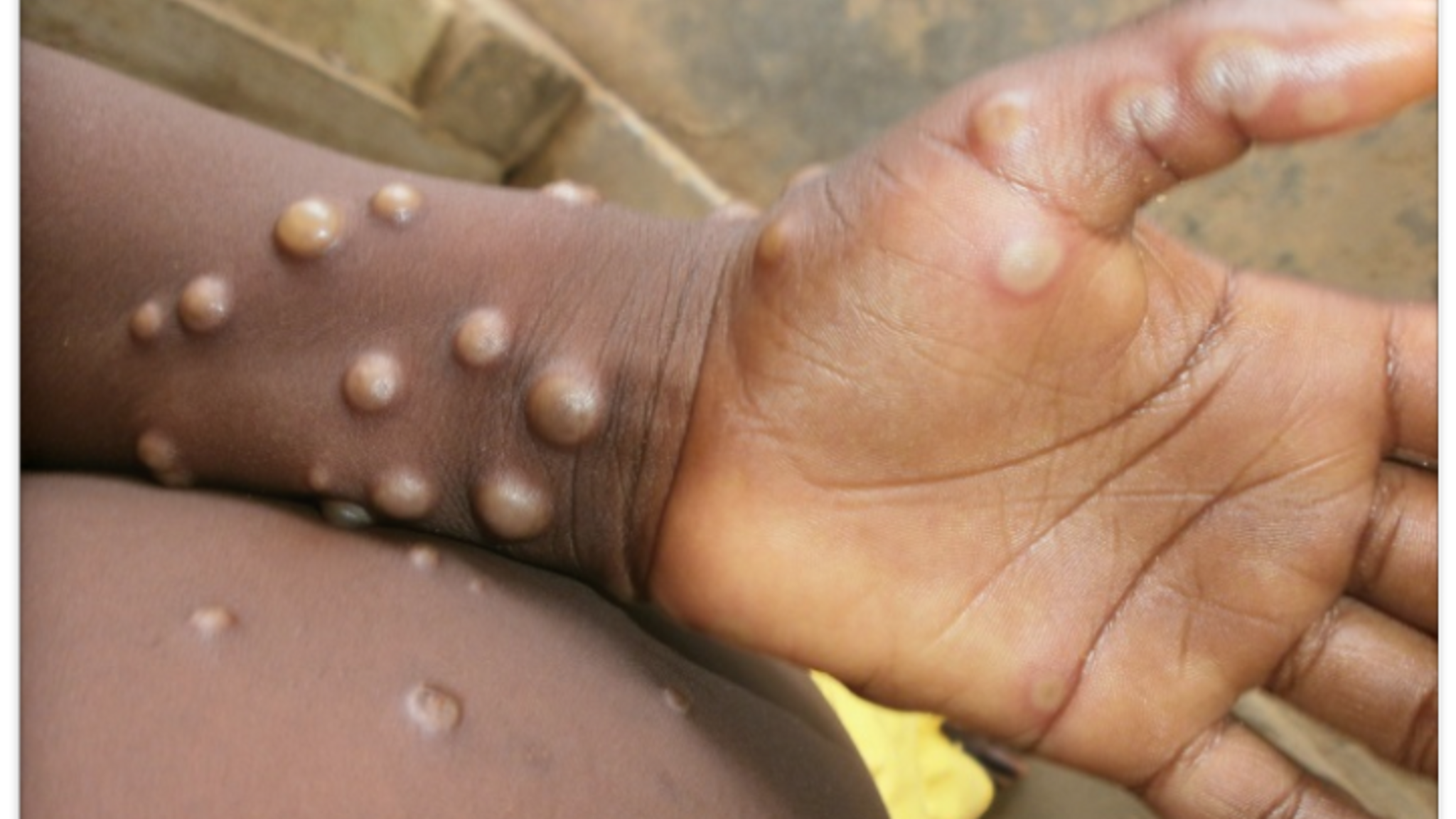HPSC has been informed of a number of suspected and confirmed cases of monkeypox in the UK, several European countries, North America and Australia.
The vast majority of these cases do not have a travel link to a country where monkeypox is endemic.
Most of the recent cases that have been reported in the UK self-identify as gay, bisexual and men who have sex with men (gbMSM).
A multidisciplinary Incident Management Team has been established by the HSE to actively monitor this evolving international situation and prepare services in Ireland for the possibility of monkeypox cases arising in Ireland.
There are no known monkeypox cases in Ireland at present.
About monkeypox:
Monkeypox is a rare disease that is caused by infection with monkeypox virus. It occurs primarily in remote parts of Central and West Africa. There are two types of monkeypox: West African monkeypox and Congo Basin monkeypox. The Congo Basin type is more severe, but only the milder, West African type has been spread to countries outside Africa.
Monkeypox infection is usually a self-limiting illness and most people recover within weeks, although severe illness can occur in people with very weak immune systems, and in very small babies. Severe illness and death outside Africa are extremely unlikely.
Most cases of monkeypox occur when people have very close contact with infected animals or from eating infected bushmeat.
Infection can be spread from person-to-person through contact with bodily fluids and skin lesions of a monkeypox case. Monkeypox is not very infectious – it takes close physical contact to spread between people. Contact with close family members or sexual contact poses the biggest risks of person-to-person spread. The risk of spread within the community, in general, is very low.
Symptoms of monkeypox Initial symptoms of monkeypox virus infection include:
- fever (>38.50C),
- headache,
- muscle aches,
- backache,
- swollen lymph nodes,
- chills,
- exhaustion.
A rash, which starts out on the face and spreads to the face and mouth, as raised red spots that quickly develop into little blisters, typically develops within 1 to 3 days of fever onset.
Following sexual contact, the rash can also be found initially in the anogenital areas.
The rash goes through different stages before finally forming scabs which later fall off.
Images of the different stages of the rash can be found on the HPSC website at the following link: www.hpsc.ie/a-z/zoonotic/monkeypox/factsheets
Treating Monkeypox: Monkeypox infection is usually a self-limiting illness and most people recover within weeks, although severe illness can occur in people with very weak immune systems, and in very small babies. There is no medicine that can cure monkeypox. Treatment of monkeypox is mainly supportive. This involves treating any uncomfortable symptoms, such as pain or itch, that occur, keeping the patient warm, comfortable and relaxed, and making sure they get plenty of fluids. This allows the patient’s own body defences to fight the infection.
Gay, bisexual and men who have sex with men (gbMSM): Although the risk of spread in the wider community is low, the most recent cases in gbMSM communities in the UK suggests there may be a higher risk in this group. As the virus spreads through close contact, the HSE is advising those who self-identify as gbMSM (especially if they have undertaken international travel in the past month), to be alert to any unusual rashes or vesicular lesions on any part of their (or their partner’s) body, especially their genitalia. If they do notice any such changes, they should contact their local STI Clinic or their General Practitioner (GP) for advice. A list of public STI services is available on the HSE’s Sexual Wellbeing website.
Further information on monkeypox infection can be found on the HPSC website: https://www.hpsc.ie/a-z/zoonotic/monkeypox/
HPSC will continue to closely monitor this situation and provide relevant updates to the public as appropriate.
Help support Cork Safety Alerts by becoming a member – Click Here

